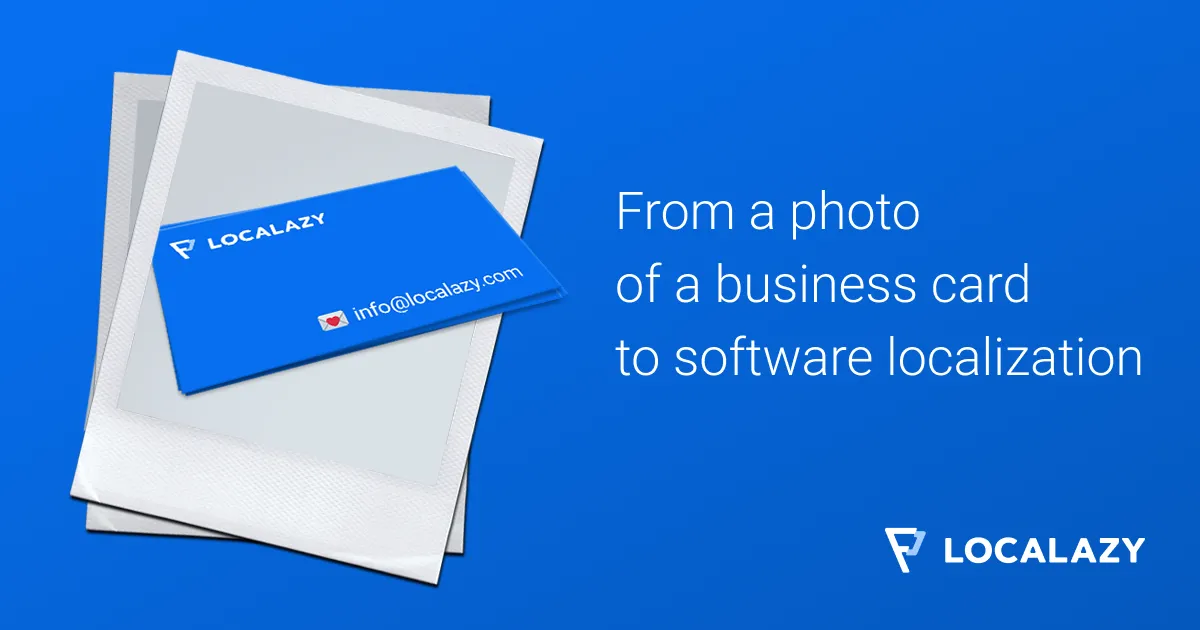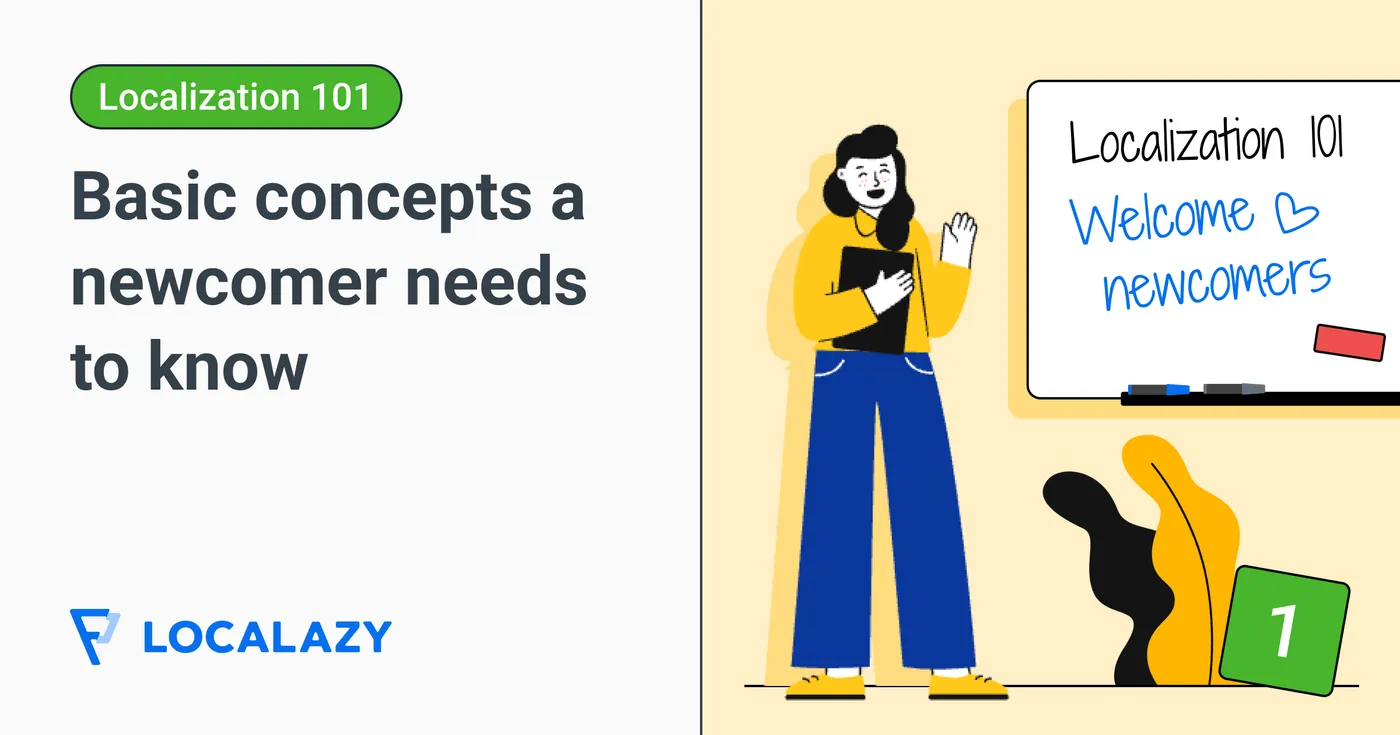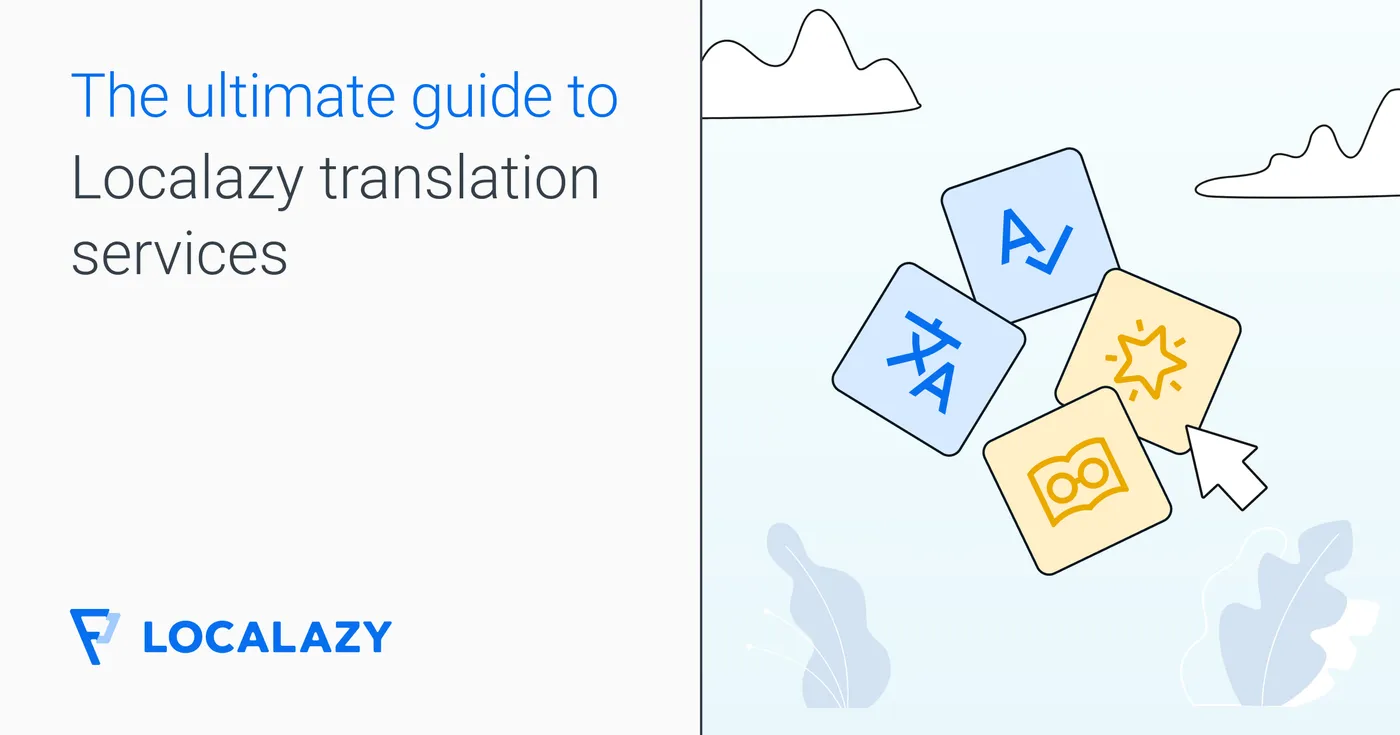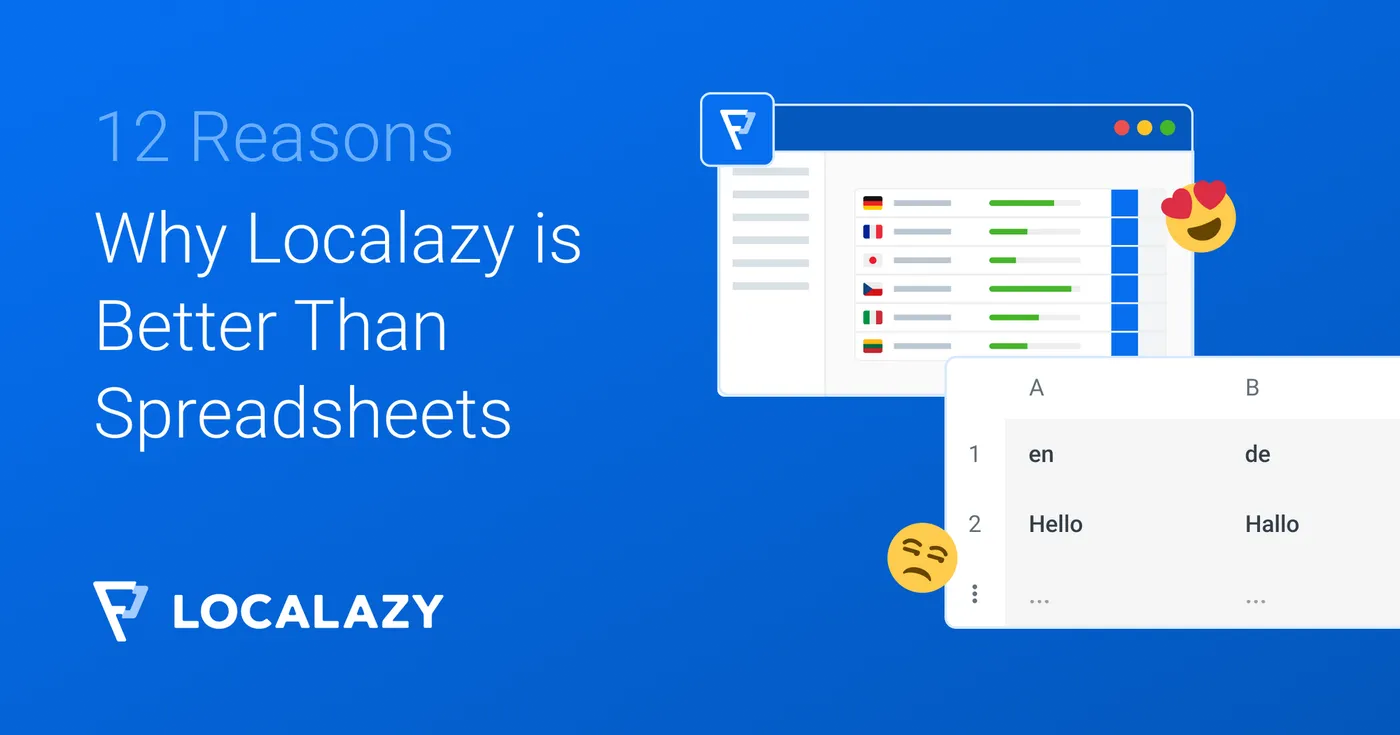But at first, I wasn’t disciplined enough. While rushing to cram as many meetings as I could into my day, I used to just take a photo of the business card instead of saving the contact to my phone’s contact book properly. Have you ever tried to call a number from a photo? You end up switching between gallery and dialer, looking around for a piece of paper and something to write the number down, or just trying to remember the whole number.
💡 A bright idea 🔗
I daydreamed about being able to open the dialer over the gallery in some kind of floating window on my Android phone. And because I was (and still am) a developer by heart, I naturally started to look for a solution. I eventually found it and created a small app for myself. As time went on, I extended it with more features and grew it slowly to solve problems I have encountered. But it was still only a hobby app, a small side project.
After running my own software company for eight years, I started to hate it. Working for clients is satisfying, because you can dabble in so many different fields and come up with creative solutions to various problems, but it has its price. And, although the money is coming in fast, you are not the one making the decisions. You are not building it for yourself. So I eventually decided to move on.
I had nothing to do, and so I focused further on my small hobby app. Over time, I turned it into a fully-featured multitasking solution and put it on Google Play as Floating Apps, which achieved more than 10M+ downloads worldwide and pretty decent earnings.
👍 How it made me love software localization 🔗
The critical part of the success was localization. I translated the app into 30+ languages which opened the full potential of markets like Japan, Brazil, and Russia. It accelerated the growth by a factor of ten.
Localization was a painful and tedious task for me. I have despised doing it because it was time-consuming. I had to postpone releases due to unfinished translations. And while I managed to engage my users and get help, some of them were destroying existing translations (I don’t know why). I was heavily concerned about the quality of the translations and spent days checking every single translation in every language.
There were some existing solutions for translation management, but none of them focused on developers. They were not built for us, creative souls. I even wrote my own tools to assist me and to improve my workflow. But it remained to be tedious and painful.
Eventually, I reached the point where the localization process was so painful that I decided to fix this for myself and other developers.
Localazy was born from my experience, pain, tools, and workflows.
Looking back, the photo of a business card took me, over time, to a completely different field - software localization. And I love it! Many developers give us feedback and suggestions, share their ideas, and thank us for building Localazy. Awesome feeling.
😉 Takeaways 🔗
If you are like me, you want to solve problems and come up with creative solutions fast. Localization helps us reach a new audience in need of our solutions. But they are stuck behind the language barrier if we don’t speak their language. We are robbing not only the potential users but also ourselves of the benefits of proper localized software. In the current globalized world, it doesn’t make any sense why it should be this way. So go ahead and localize, localize, localize!




